Always Show Up To Your Life with Your Core-Self
What an Agricultural Law Teaches us about Psychological Serenity and Historical Endurance
1 hr 11 min
- April 27, 2009
- |
- 3 Iyyar 5769
Rabbi YY Jacobson
4119 views- 13Comment
- Call-in
Listen to the class on the phone
Call +1 (845) 201-1933
When prompted, dial the ID number below.
56 MP3 MP4 Source Sheets - Copy Embed
Leilu Nishmas Reb Eliyahu Tzion ben Reb Chananya Niasoff ז״ל
And in the merit of our partner in Torah, Yigal Yisroel ben Sofia, שיחי׳
Class Summary:
This women's class was presented on Tuesday Parshas Acharei-Kedoshim, 6 Iyar 5777, May 2, 2017, in Monsey, NY.
How do you maintaining your identity during stressful times? What an agricultural Talmudic law about fruit teaches us about psychological serenity and historical endurance.
Tags
Show More
Categories
Rabbi YY Jacobson
- April 27, 2009
- |
- 3 Iyyar 5769
- |
- 4119 views
Leilu Nishmas Reb Eliyahu Tzion ben Reb Chananya Niasoff ז״ל
And in the merit of our partner in Torah, Yigal Yisroel ben Sofia, שיחי׳
Related Classes
Please help us continue our work
Sign up to receive latest content by Rabbi YY
Join our WhatsApp Community
Join our WhatsApp Community





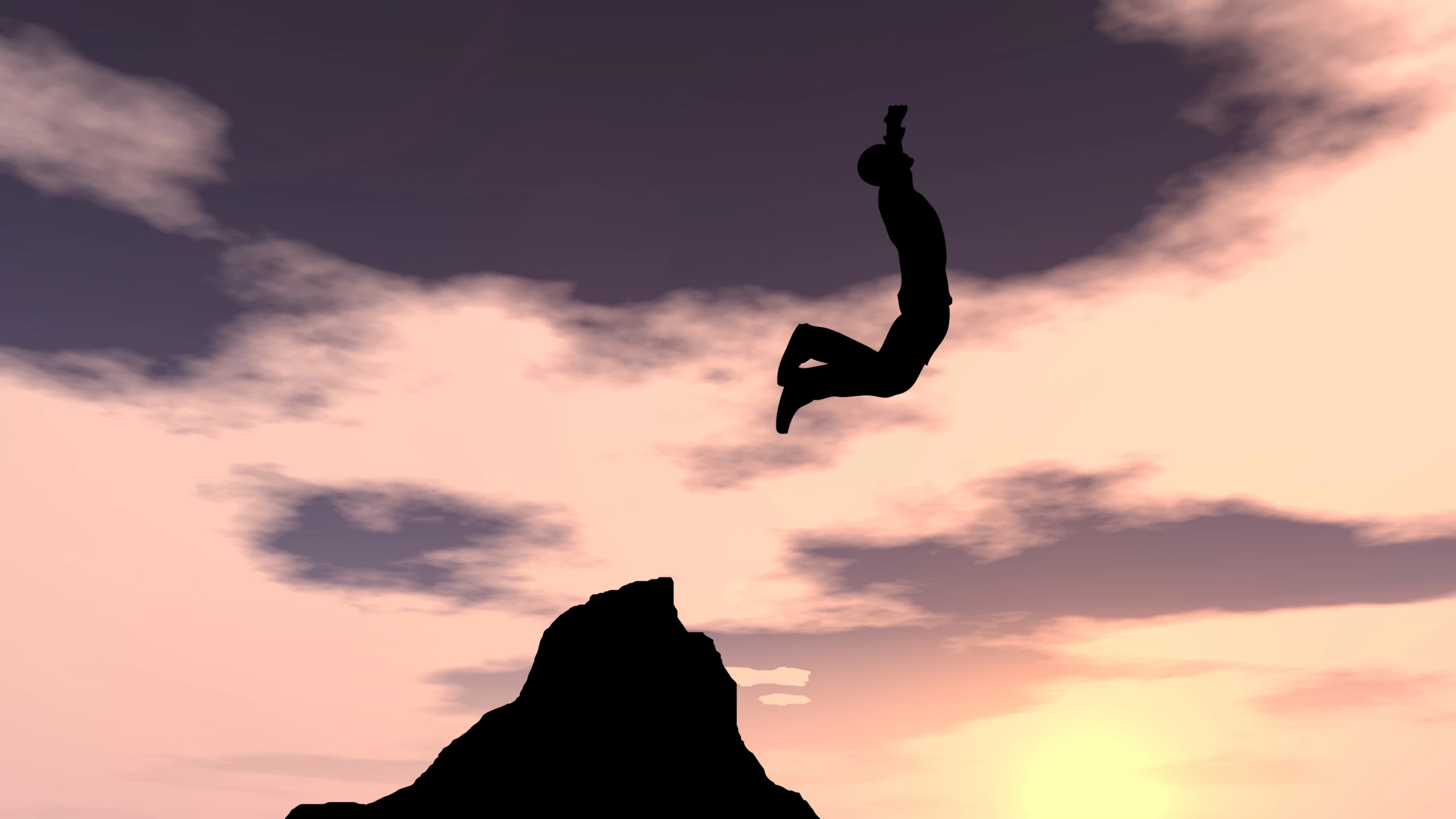



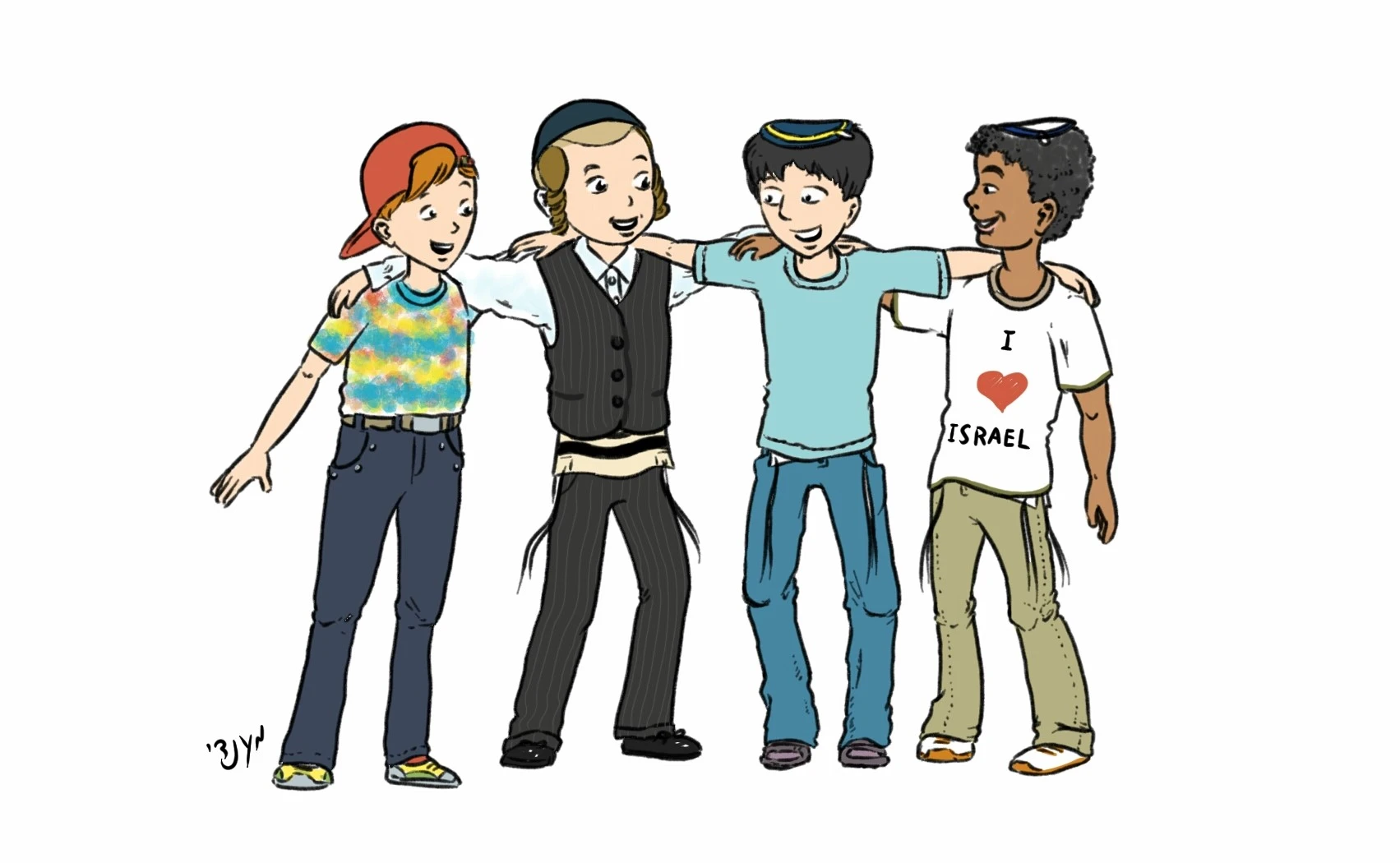
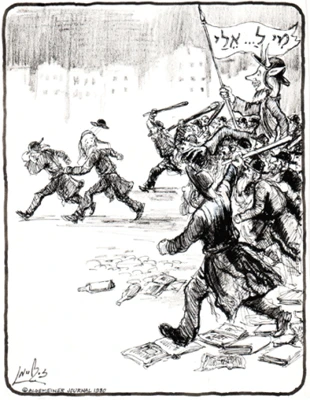
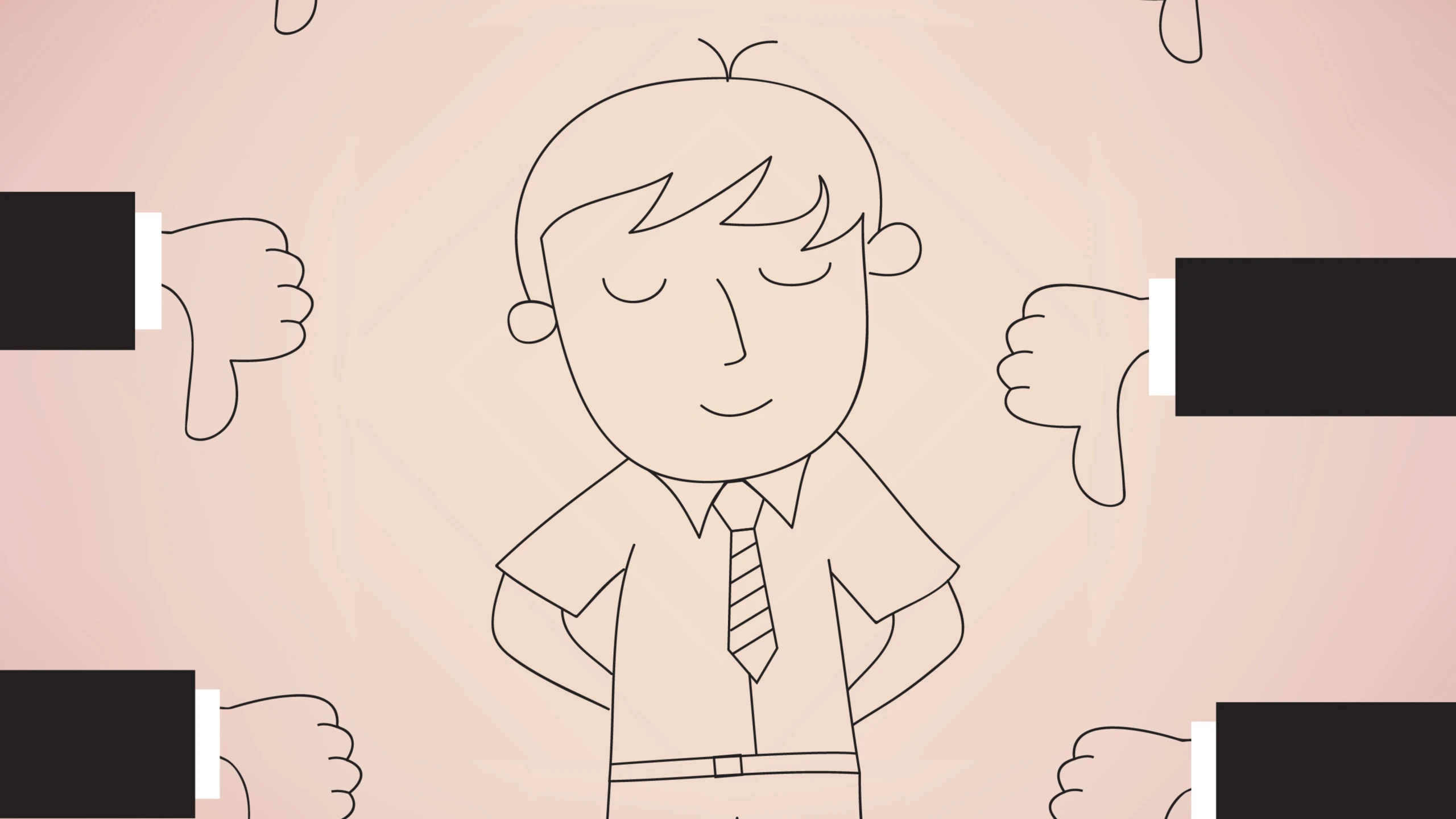
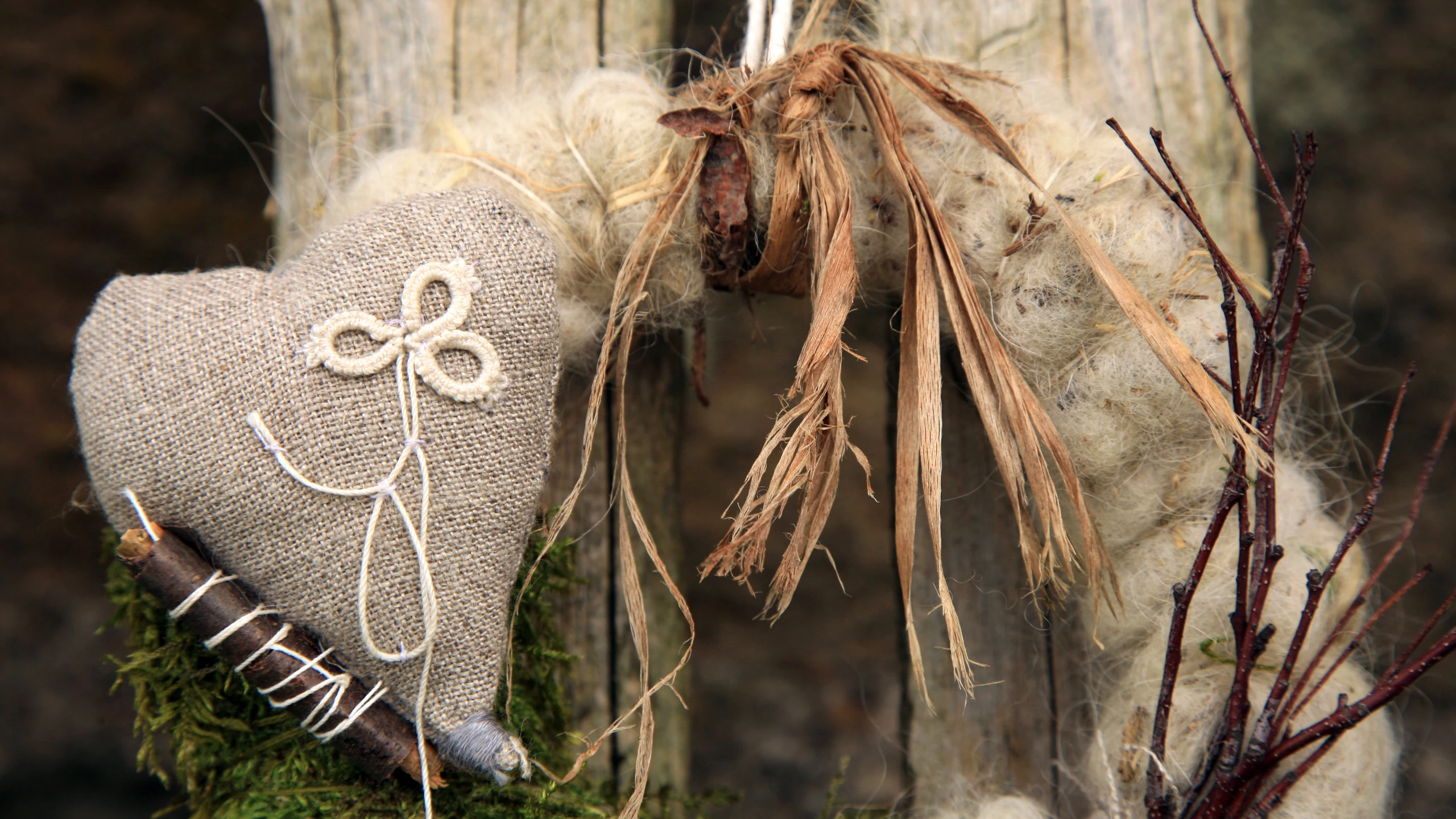
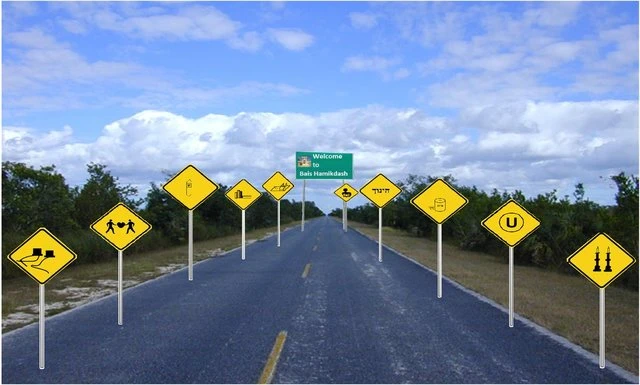
Please leave your comment below!
Shmuel G -6 years ago
Sources / Mekorot
Hi,
Is there any source sheet for this Shiur?
Reply to this comment.Flag this comment.
YY Jacobson -5 years ago
Source sheets are posted
Reply to this comment.Flag this comment.
Anonymous -7 years ago
Not Boteil
I assume that this is basically the concept of כל קבוע כמחצה על מחצה דמי - just couched in different terms.
Reply to this comment.Flag this comment.
isaac -5 years ago
Indeed.
Reply to this comment.Flag this comment.
Aharon Subar -7 years ago
The Shach on the Torah and the Shach on Shulchan Aruch are different people. The Shach Al HaTorah is Rav Mordechai Hakohen, one of the talmidei HoAri Z'l and lived in the Galil. https://en.wikipedia.org/wi...
Rabbi Shabsi Kohen, the Shach on Shulchan Aruch lived in Europe in the 1600's. https://en.wikipedia.org/wi....
Reply to this comment.Flag this comment.
Me -15 years ago
More
Dear Rabbi Jacobson,
I was refleting upon the differet answers as to why the Torah was given in a desert and I thought of the reason that its ownerless to any culture and civilization as even deeper insight; a desert is not limited to time really. Because a desert is barren it does not change according to the age and era of the land and habitat that evolves around it. Meaning the very fact that a desert is desert a thousand years ago and today shows a rather timeless component. A component that the Torah has as its greatest value, that its timeless and eternal. Relevant today, tomorrow and forever.
Thats the greatest lesson I gauge from the Torah being given in a desert. Its timeless, eternal and like we all know, "the sages had their ees fixed on eternity".
One of the greatest challenges we encounter today is the Torah's relevance in todays modern society.
Reply to this comment.Flag this comment.
alex -15 years ago
desert
Tagore, an Indian poet and philosopher, wrote:
"I slept and dreamt that life was joy, I awoke and saw that life was duty, I acted and behold duty was joy. The Torah, a training manual, invites us on just such a journey of growth. The mitzvas are there to connect us to life and to living ap-propriately. They have practical applications, and their diligent practice produces mastery. Joy is a by-
product of mastery.
Naase v'nishma, despite its counterintuitive sound, is about commitment. When a child learns to walk upright in the face of gravity, it doesn't matter that he doesn't yet know Newton's Laws of Motion. He simply does it.
I use gravity as a metaphor for mitzvas. Mitzvas are what work, and so is being mindful
in one's interactions with gravity. To disregard either is to invite pain into one's life. Its simply a choice of interacting with reality (what works)or not. All of the laws of workability preceded us and its up to us to adopt them as our own.
Rava's comment directly descends from our founding father Abraham. If there is one principle that he stood for, it is that he invested himself totally in whatever
he did. So too with Moses. It is a hallmark of the enlight-ened.
Reply to this comment.Flag this comment.
Rav Shmuel -15 years ago
The Rub
The essay is aimed at a specific group of G-d believers who do not follow through with action.
The article falls flat for those without that theistic base.
You are merely pointing out the folly in accepting Judaism on one's own terms.
As Elana Chaya made note of, yoga and meditation should not be grouped with the wave of commercial self-obsessed pseudo-meaningful products that the moneymen when sell to the needy.
And here's the rub: is the Jew who lives their life in selfless meditation, performing acts of kindness etc. any less in G-d's eyes than the one who does all that plus punctures the bottom of tuna-fish cans twice on the 7th day of the week so as not to create a vessel?
Is the extent of following halacha the true judge of our person? Is that up to G-d? Why so much emphasis on halacha and not as much on meditation?
Reply to this comment.Flag this comment.
YYJ -15 years ago
To Marvin
The Zohar speaks of "kala penimaah," the inner sound, beneath the ordinary sound.
Reply to this comment.Flag this comment.
David -15 years ago
Story
The same story is told about Rabbi Zeira, going up to Eretz Yisroel from Bavel. He made a dangerous border crossing traversing a river at the flood, and kissed the holy earth when he was safely on the other side. “Rash people,” the scoffer said….
Reply to this comment.Flag this comment.
Marvin -15 years ago
Question
where does the phrase used in your last paragraph "the sound beneath the sounds" come from?
Reply to this comment.Flag this comment.
Bruce -15 years ago
The joke
That is not an Economist that thinks that way. It is a politician! Most likely a Democrat too! Could also be a Republican without a back bone or conscious!
Reply to this comment.Flag this comment.
Elana Chaya -15 years ago
Interesting juxtaposition
Your essay was very beautiful. However, placing therapy, yoga, suburban living, meditation, etc. in the same sentence and assuming that they all have one thing in common -- a kind of superficial, "me" orientation, was an interesting and inaccurate depiction. Yoga and meditation aim to help a person go beyond that small "I," and can be approached and practiced in a very serious way. It isn't that Judaism is on one side and that all the others are contrasted with it as coming from one's ego. There are many ways of entering the desert and meditation is one of them. We can't just write it off as a feel-good practice. In fact, meditation is a practice that can require deep commitment and is definitely far more than a new agey feel-good pasttime.
I hope this clarifies things a bit.
EC
Reply to this comment.Flag this comment.
Yochanan Gordon -15 years ago
Joke
My 12th Grade Rebbe was a philosophy major in Columbia. One day he told us this joke regarding the three people on a desert Island but it consisted of a Priest, Rabbi, Engineer and philosopher. It was the philosopher who said "sssume a can opener" He then old us that upon hearing the joke his wife said, "assume a Joke".
Reply to this comment.Flag this comment.
Steven M -15 years ago
The Desert
The desert is far from a barren wasteland. Spending time in our american deserts, or any desert, you will find a great atmosphere for purification. The desert is abundant and seasonal. There are extraordinary species of life living abundantly in the desert. The lack of water is the element one has to overcome.
But when the Jewish people traversed the desert, they had with them sustenance called Manna, and springs to quench any thirst. The desert was there to provide a place of purity and cleansing. It is so today, yet few wander in a desert, and the desert is served by the lack of a human footprint. Looking at life, this life, one can choose to move between and to and fro, from oasis to oasis. An oasis can be one's home or a friends' place. It can be in a dentists office where you feel safe and trusting. And it is always located in the
desert where one can gain strength and peace and
sustenance.
So please stop describing the desert as an ominous
environment, it is not. Like life, one can approach a
desert, in trust with preparation, of the body, the
mind, and ones' spirit. The desert heals, and we the
Jewish people who have been through diasporic
survival, need the healing here today, and the desert
still supplies much healing energy. The desert, the
mountain, the island, are all restorative, but
emotions and our mundane thoughts are destructive.
There is a strong Jewish community in Palm
Springs, California, and you should see that desert.
Most respectfully
Reply to this comment.Flag this comment.